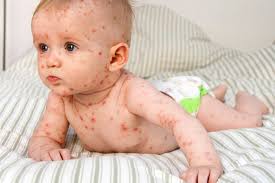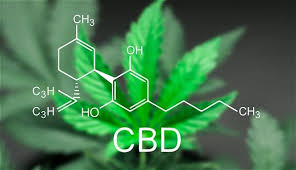Causes of rashes in babies can include bacterial, viral, and fungal infections or reactions to medications, soaps, cleaning products, or environmental triggers. According to the American Family Physician (AFP), viral rashes are usually not as itchy as other rash causes, such as tinea capitis (fungal) or atopic dermatitis (eczema). The doctor will also ask a parent or caregiver about a baby’s symptoms and use these along with a visual examination to make a diagnosis. While vaccines are available for many of these viruses, doctors do not usually give the shots until babies are about 12 months old or more. As a result, parents and caregivers must protect babies from others who are sick and wash their hands frequently. There are no cures for viral illnesses. Medications, such as antibiotics, will not treat the virus or make it go away. Most viral rashes will go away with supportive treatments at home. However, there are times when a parent or caregiver should seek emergency medical attention. Viral rashes can be common in babies. Because babies do not typically receive immunizations against many of the conditions that cause the rashes, prevention is the best medicine. Washing hands frequently, keeping surfaces clean, and keeping a baby away from sick individuals can help. If a caregiver is worried about a baby’s rash or symptoms, they should contact their child's paediatrician.(Credits: www.medicalnewstoday.com)


